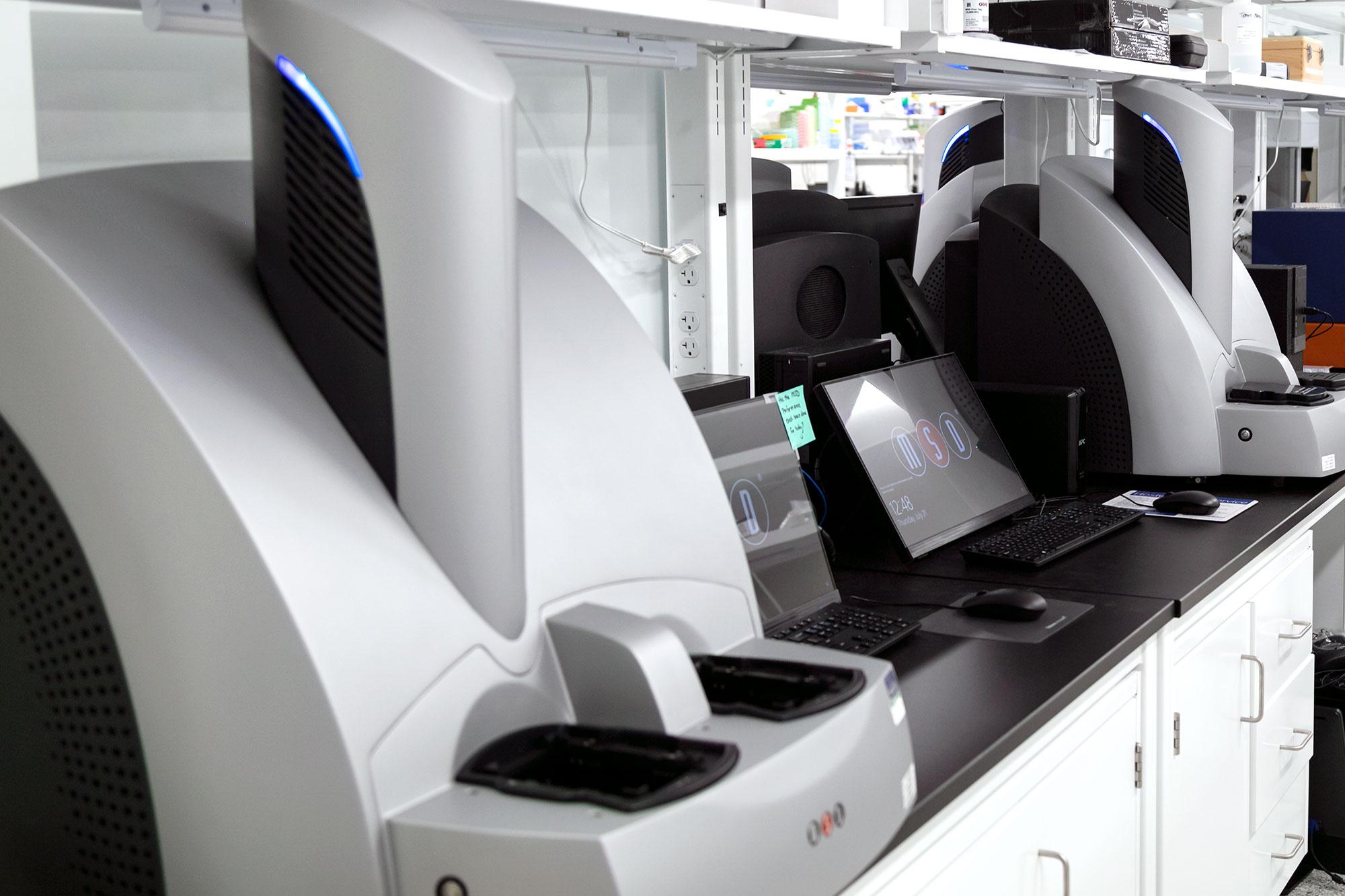MSD assays help scientists profile analytes in complex biological matrices. With assay options such as MSD biomarker and MSD cytokine assays, MSD assay services have become a crucial component of the drug discovery process. MSD assays are similar to ELISA, except they employ electrochemiluminescence detection as opposed to colorimetric reactions in ELISA assay.
Besides, MSD has multiple assay development kits and materials with superior applications. Hence, bioanalytical services heavily rely on MSD assays during clinical and pre-clinical assessments. MSD have higher sensitivity, broader dynamic range, and minimized matric effects, improving performance and workflow. Therefore, MSD assays have several applications, including immunogenicity testing, drug tolerance, neutralization assays, pharmacokinetics, and pharmacodynamic assessments.
MSD assays for accelerating therapeutic discoveries
Immunogenicity testing is critical during therapeutic development. Regulatory requirements have stringent guidelines for immunogenicity assays. More stringent recommendations require robust and tolerant assays. MSD assays have excellent precision, sensitivity, free drug tolerance, and minimal matrix effects. Besides, they can identify low-affinity antibodies and have a broader dynamic range requiring limited sample dilutions. MSD assays are of different types, including proteins, peptides, antibodies, and humanized antibodies with reagents that support flexible assay formats. MSD has two robust formats: direct immobilization and bridging assay format for immunogenicity assessment.
Drug interference from free drugs present in study samples can generate false negative results. Hence, drug interference can suppress assay signals. However, MSD assays have robust systems to deliver enhanced drug tolerance over traditional ELISA assays. MSD assays have enhanced sensitivity that produces higher signals and reduced background noise, leading to higher signal-to-background ratios while detecting low levels of ADA complexes.
Must Read: Overcoming Challenges in LC-MS Testing of Complex Samples: Strategies and Tips
MSD plates have a unique carbon surface. This surface has enhanced binding capacities over ELISA plates. Longer phase incubation coupled with higher levels of labeled or biotinylated drugs can help reduce antibody and labeled drug association without significantly increasing the background noise. Higher assay sensitivity facilitates larger sample dilution while reducing drug interference. Notably MSD assays can tolerate different sample pretreatment, including acid-base neutralizations and other materials such as surfactants and denaturing agents.
MSD platform specializes in neutralizing antibody assays. Neutralization assays are crucial in the development of biotherapeutic drug production. These assays screen initial immune responses to the biotherapeutic drug. The highly versatile MSD assay platform can develop different neutralization assays, including whole cell-based neutralization assays and receptor binding/blocking MSD assay formats. Additionally, MSD cell-based assay kits can use whole cell lysates through their cell signaling pathway products.
Moreover, MSD platforms are ideal for pharmacokinetic and pharmacodynamic assessments of biotherapeutic drugs. Pharmacokinetic studies assess the absorption, distribution, metabolism, and excretion profile of a biotherapeutic drug. Scientists can easily perform pharmacokinetic assays on MSD platforms using different assay development reagents.
Pharmacodynamics evaluates drug action and different physiological and biochemical effects. These effects are evaluated through understanding drug interaction with cellular proteins. MSD alternatives include assays to evaluate secreted proteins, receptors, and intracellular proteins.
In Conclusion
MSD assays are robust platforms in drug development. Hence, scientists heavily rely on MSD assays to accelerate biotherapeutic drug discovery and development.

